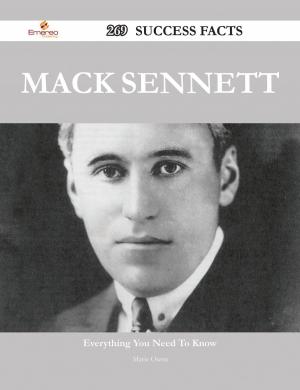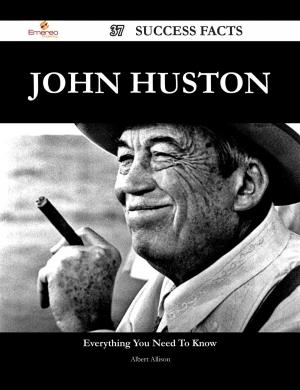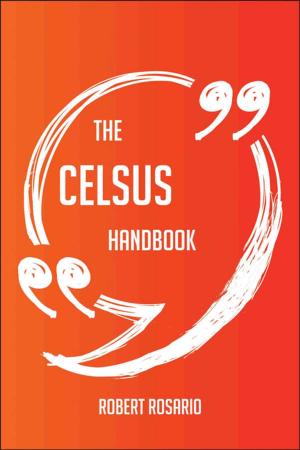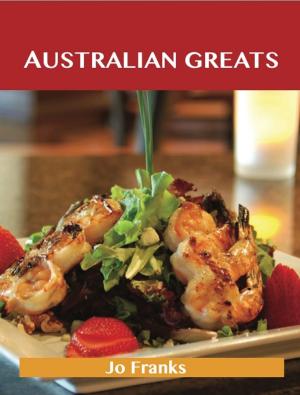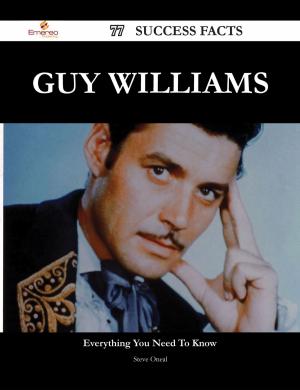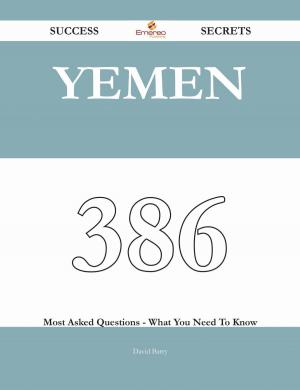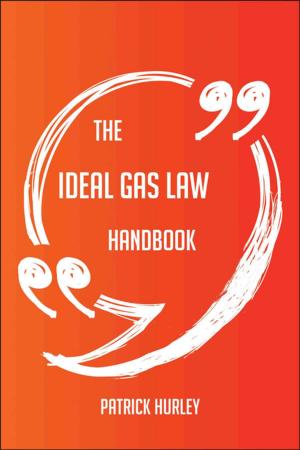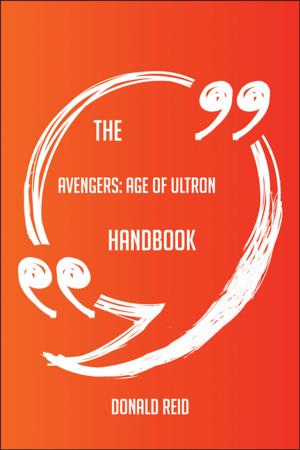The Reign of Greed - The Original Classic Edition
Nonfiction, Reference & Language, Reference, Fiction & Literature| Author: | Rizal José | ISBN: | 9781486415229 |
| Publisher: | Emereo Publishing | Publication: | October 24, 2012 |
| Imprint: | Emereo Publishing | Language: | English |
| Author: | Rizal José |
| ISBN: | 9781486415229 |
| Publisher: | Emereo Publishing |
| Publication: | October 24, 2012 |
| Imprint: | Emereo Publishing |
| Language: | English |
By itself, it is an independent narrative, but actually it was an intended continuation of the Noli Me Tangere(loosely translated, it means `touch me not`). As well, it is equally contemporary with the treatment of obsession among the ruling class and the question of nationalism, which makes this novel political in nature as well. The difference, however, is that the optimism seen with Crisostomo Ibarra(The protagonist of the Noli Me Tangere) is absent in El Filibusterismos main character. In the very first scene, on the upper deck of the ferry, we are introduced to a dark character by the name of Simoun. His origin is somewhat questionable at the beginning, but as the story unfolds, those who have read the Noli will soon realize the characters true identity.
It is somewhat Victorian with its treatment of the characters emotions, but it shouldnt be surprising. Rizal, who was educated in Europe, actually wrote this novel when he was in England. Somewhat satirical with its portrayal of colonial society, but it is also a romantic tragedy, in which Simouns intentions regarding the freedom of his country is questioned. Is it out of vengeance? Or is it purely for the betterment of his native land?
It is indeed rhetoric, but as most scholars in the Philippines would say, it is superb rhetoric`. The timeline maybe from another world and another age unknown to us. But Rizals view regarding the issues involved is timeless and universal, especially to those people who experienced oppression. I adore his works and writings. By far, the El Filibusterismo is one of the best stories Ive read.
Bravo Rizal! Your words and sentiments will never be forgotten through the accomplishment of this novel. It is now clear why the Filipinos call you their national hero.
By itself, it is an independent narrative, but actually it was an intended continuation of the Noli Me Tangere(loosely translated, it means `touch me not`). As well, it is equally contemporary with the treatment of obsession among the ruling class and the question of nationalism, which makes this novel political in nature as well. The difference, however, is that the optimism seen with Crisostomo Ibarra(The protagonist of the Noli Me Tangere) is absent in El Filibusterismos main character. In the very first scene, on the upper deck of the ferry, we are introduced to a dark character by the name of Simoun. His origin is somewhat questionable at the beginning, but as the story unfolds, those who have read the Noli will soon realize the characters true identity.
It is somewhat Victorian with its treatment of the characters emotions, but it shouldnt be surprising. Rizal, who was educated in Europe, actually wrote this novel when he was in England. Somewhat satirical with its portrayal of colonial society, but it is also a romantic tragedy, in which Simouns intentions regarding the freedom of his country is questioned. Is it out of vengeance? Or is it purely for the betterment of his native land?
It is indeed rhetoric, but as most scholars in the Philippines would say, it is superb rhetoric`. The timeline maybe from another world and another age unknown to us. But Rizals view regarding the issues involved is timeless and universal, especially to those people who experienced oppression. I adore his works and writings. By far, the El Filibusterismo is one of the best stories Ive read.
Bravo Rizal! Your words and sentiments will never be forgotten through the accomplishment of this novel. It is now clear why the Filipinos call you their national hero.

